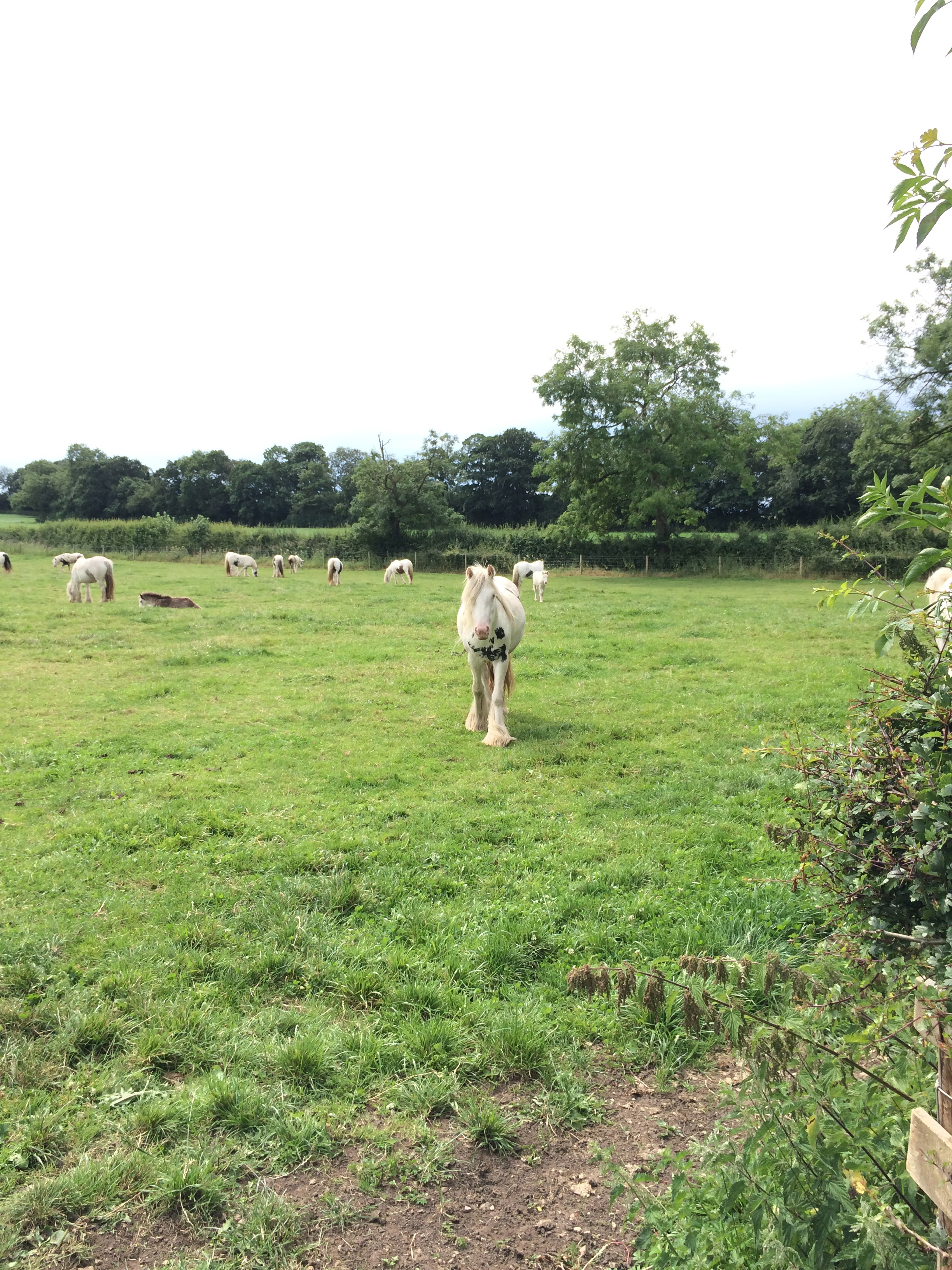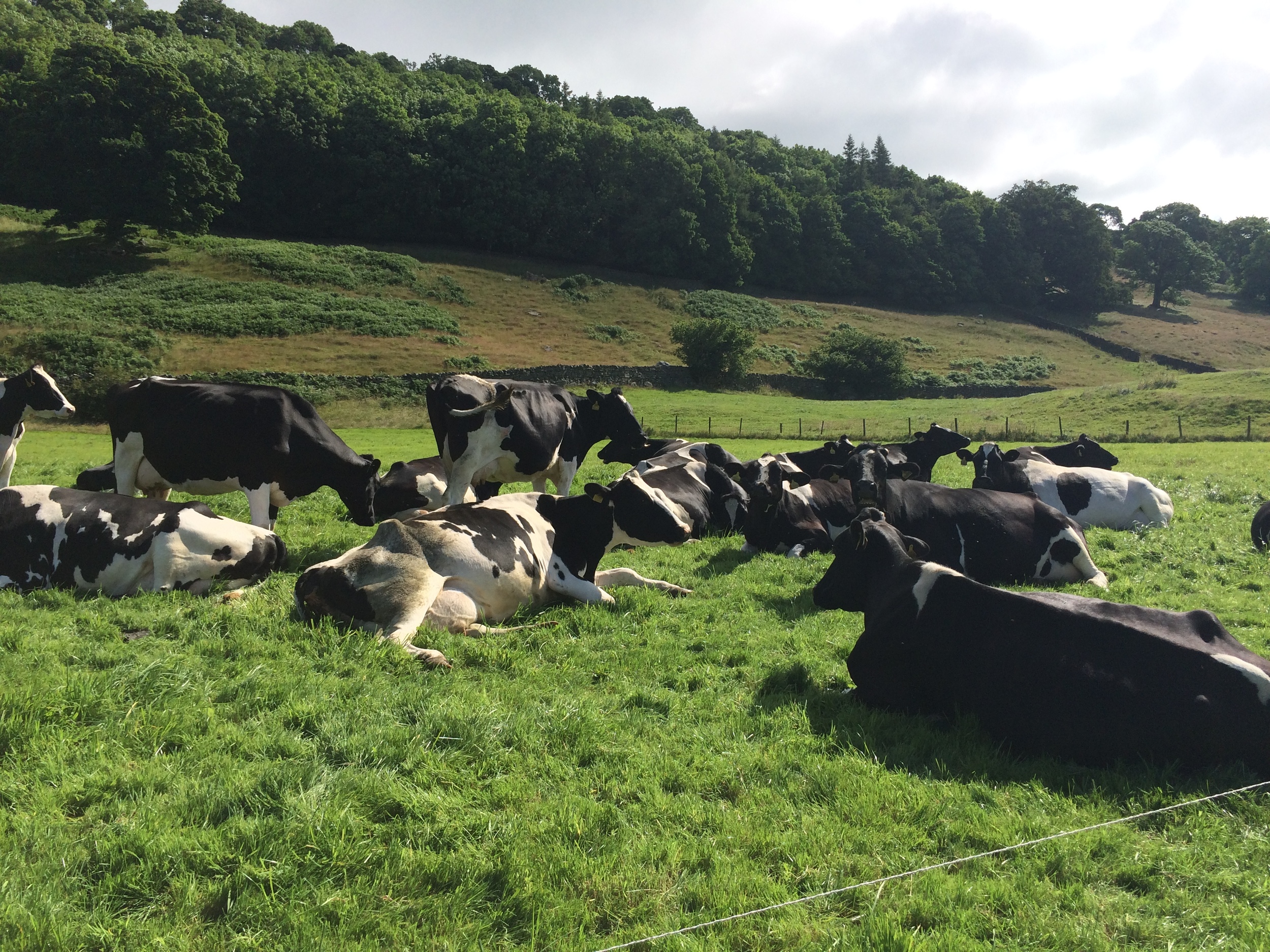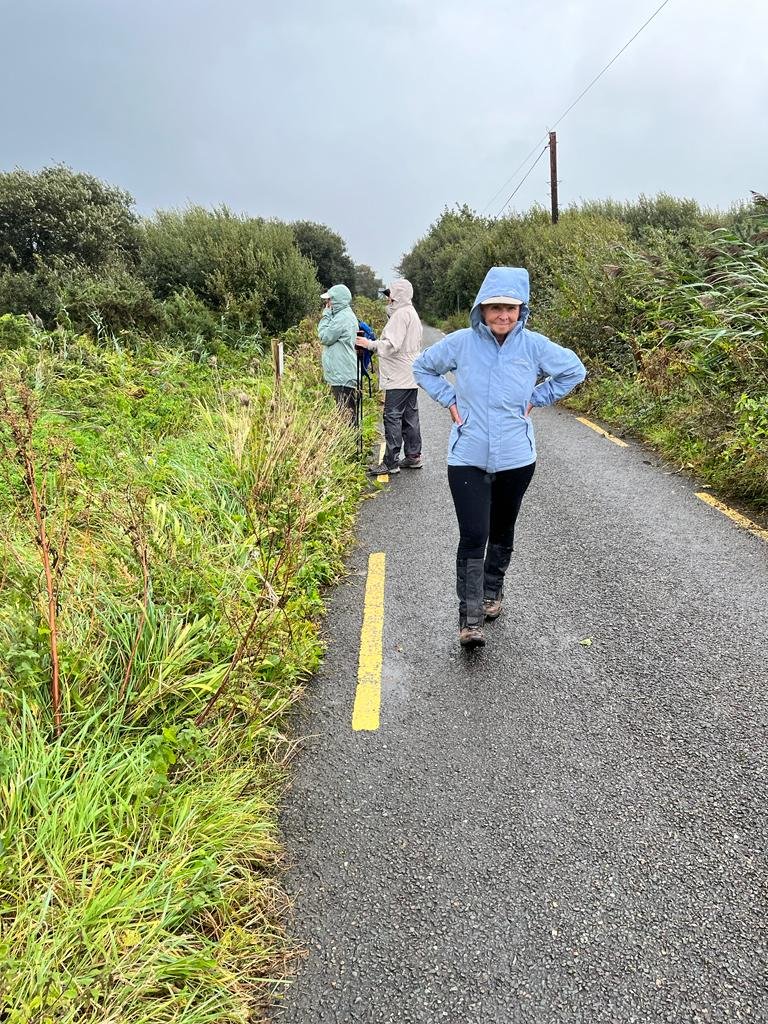The social, ethical and legal issues surrounding artificial reproductive technology (ART) are complex and fascinating. This month’s Legal Beagle topic (published in the December issue of the Romance Writers of Australia newsletter, Hearts Talk) is surrogacy arrangements.
In a surrogacy arrangement, a woman (known as the surrogate, or surrogate mother, or birth mother) agrees to carry and give birth to a child on behalf of another person or couple (the commissioning or intended parents). Developments in ART have made the creation of families through surrogacy arrangements—while unusual—increasingly possible.
All States and Territories, except for the NT, have legislation on surrogacy. This legislation is available through the Austlii link we looked at in the November issue of Hearts Talk—http://austlii.edu.au. But for a straightforward introduction to this area, I suggest you read a recent report published by the Commonwealth Parliament. It outlines the rights, responsibilities, and protections available to parties to surrogacy arrangements. The link is
http://www.aph.gov.au/Parliamentary_Business/Committees/House/Social_Policy_and_Legal_Affairs/Inquiry_into_surrogacy/Report
Let’s consider the law by looking at three scenarios.
Scenario One: Amy is a 32-year-old corporate lawyer who doesn’t have the time or inclination to gestate a baby (maybe she’s busy, or enjoys red wine, or rigorous gym workouts). Amy and her husband use their own egg and sperm to create an embryo. Lucy, a 20-year-old law student, offers to act as the surrogate mother.
Issues: Amy isn’t infertile so she wouldn’t qualify as a commissioning parent in Vic or WA (but this wouldn’t disqualify her in some States). In Victoria the surrogate mother must be at least 25, and have given birth to at least one child (variations to this requirement apply in different States).
Scenario Two: Tom and Jack have been together for two years, and want to have a baby. Tom’s sister Tina, a mother of two, has offered to carry the baby for them, using her own egg, and Jack’s sperm.
Issues: A surrogate mother can’t use her own eggs in Vic, so a donor egg would be required—meaning IVF for Tina. Same sex couples can’t be commissioning parents in SA or WA but this is okay in other States. In the ACT one commissioning parent in a same sex relationship must be genetically related to the child.
Scenario Three: April is single, 40, and infertile, but wants to have a child. Anne, who has given birth to her children using IVF, offers to donate a surplus frozen embryo. April puts an advertisement in a magazine, offering to pay a surrogate mother’s expenses, and $20 000 as a ‘thank you’ present.
Issues: Commercial surrogacy (involving payments that don’t strictly relate to medical, legal, counseling and travel costs) is illegal in every State. April’s single status would exclude her from a surrogacy arrangement in NSW and the ACT. Advertising is prohibited in NSW and other States, but allowed in WA. .
Counseling and background checks are required in all States, though legislation in these areas is not as strong as it could be. As in adoption situations, genetic and other information (such as the identity of the birth mother, and donors) should be available to children born under surrogacy arrangements. Under current laws this information isn’t, unfortunately, always available. Inconsistencies between the States complicate matters further. Overseas surrogacy arrangements have their own legal and ethical issues—a topic for another column!














































































